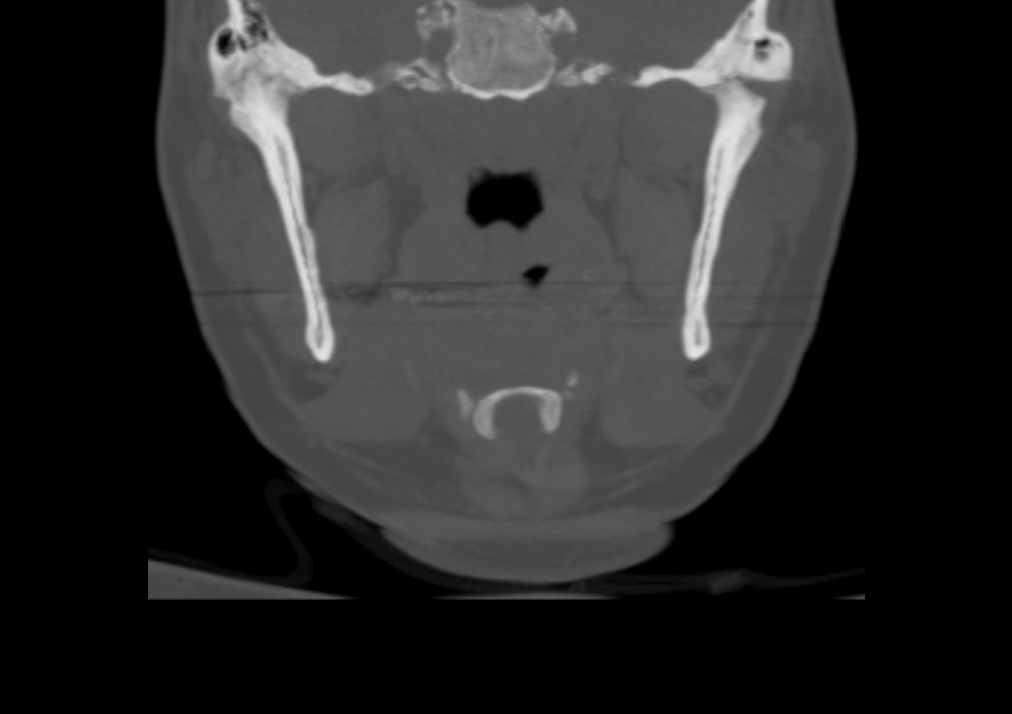
As a migraine sufferer, have you ever felt frequent pain or aching near your jaw or ear and wondered what it was and whether it related to your recurrent migraine episodes? Do you find it difficult or uncomfortable to chew or do you have trouble opening and closing your mouth sometimes?
Then you might have a Temporo Mandibular Joint disorder (TMJ) and it could be a leading contributor to your chronic migraine symptoms.
The temporo mandibular joint is a hinge like linkage that connects your jawbone to your skull. The above-mentioned symptoms result from dysfunctional activity that this joint sustains. When the jaw is at its natural resting state, it hangs in a relaxed position and your teeth do not touch. In fact, your teeth should rarely ever touch aside from random clicks while chewing or clenches while swallowing food. For some, this is not the case and top jaw teeth interact with bottom jaw teeth more often than not. This is called ‘occlusion’ and is caused by frequent contractions of the jaw muscles, including those located at the sides of your head (the temporalis). For some, these contractions can cause teeth grinding and jaw clenching so intense, painful symptoms result, including:
- Pain behind the eyes
- Stuffy ears or earaches
- Sinus pain or pressure
- Dizziness
- Jaw clicking
- Neck and shoulder pain
- Jaw pain
- Ringing in the ears
- Headache
The exact cause of TMJ is still uncertain and because of this, there is no standardized test to diagnose the disorder. If you suspect that you have TMJ and visit a healthcare provider, they will conduct a full review of your medical and dental history, ask you to explain your symptoms, examine the problem area (face, head, neck and jaw) and may conduct an imaging study for further analysis before diagnosing you with TMJ. In most cases, treatment is inexpensive and easy to maintain.
How Does TMJ Relate to Migraines?
Jaw clenching and teeth grinding associated with TMJ activity can negatively excite nociceptive nerves, which are responsible for sending pain signals to the brain and trigeminal nerves (which branch out across your head, face and neck). Because these pain signals run along the same nerves as migraine attacks, similar symptoms often ensue. Sufferers of TMJ experience intense head pain that generally does not respond to medication in addition to tension in the head, jaw, neck and shoulders and sensitivity to light.
To remedy TMJ, patients are often prescribed muscle relaxants or instructed to take aspirin and apply hot or cold compresses to manage pain. Individuals can also wear a plastic mouth guard while sleeping to prevent the teeth grinding and jaw clenching that inflames the nociceptive and trigeminal nerves that activate migraine symptoms. Stretching the jaw and performing physical therapy exercises to strengthen the jaw is also a common corrective measure. For some, TMJ symptoms are significantly reduced and migraine episodes lessen or disappear altogether. For others, more aggressive treatments like corrective dental procedures or laser therapy are recommended to resolve the pain.
You may also be interested in this article: Unusual Symptoms Associated With Migraines
If you experience symptoms similar to those mentioned in this article that often result in migraine pain, contact your doctor or dentist to schedule a consultation. It is important to get a proper diagnosis before starting any new treatment regimens.
Image source: goodwillstacy

